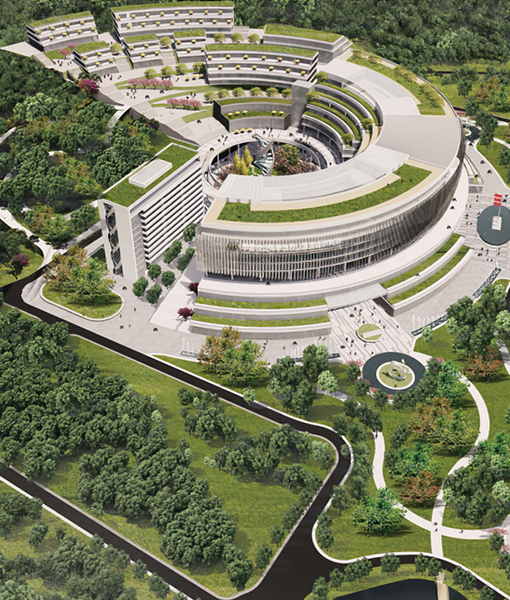Brief Introduction
Agricultural Genomics Institute at Shenzhen (AGlS) is a government-supported scientific research organization affiliated to the Chinese Academy of Agricultural Sciences (CAAS), and registered and operated in Shenzhen, active in fields of agricultural genomics, agricultural molecular breeding, agriculture and food metagenome, etc.
AGlS has over 500 scientific research staff, including more than 30 high-level talents, who have published over 300 SCl papers in top international journals, such as Science, Nature, Cell, etc., and have established a disciplinary cluster with omics technology as the core technology. As the innovation model set by CAAS, AGlS has been managed by a governing Council comprising of leaders and representatives of CAAS and the Shenzhen municipal government. Up till now, AGlS has established several innovation platforms, such as Shenzhen Branch, Guangdong Laboratory for Lingnan Modern Agriculture, Key Laboratory of Genome Analysis, Ministry of Agriculture, P. R. China, etc. and has received a number of honors and awards, such as National Natural Science Award of China (Second Prize), Prize for Scientific and Technological Progress of the Ho Leuna Ho Lee Foundation, Zhou Guang Zhao Foundation Award (Basic Sciences), China National lnnovation Award, Outstanding lnnovation Talent (one of 40 prominent individuals in innovation and entrepreneurship and outstanding role models at the 40th Anniversary of Shenzhen Special Economic Zone.etc
Since 2019, AGlS has received numbers of honors and awards, such as “2019 China's Ten Breakthroughs in Life Science”, “2019 China's Scientific Breakthrough in Medical Science", “2019 China's Ten Breakthroughs in Agricultural Science", etc. As the institute developing fastest in CAAS in 2019, AGlS has received numbers of NSFC supported programs, which ranks top 2 in all CAAS institutes in 2020.

Mission
The long-term mission of AGlS is to make disruptive innovation to promote the sustainable development of global agriculture, to serve the personalized food supply system, and to improve human health and the social status of farmers.

Core values




